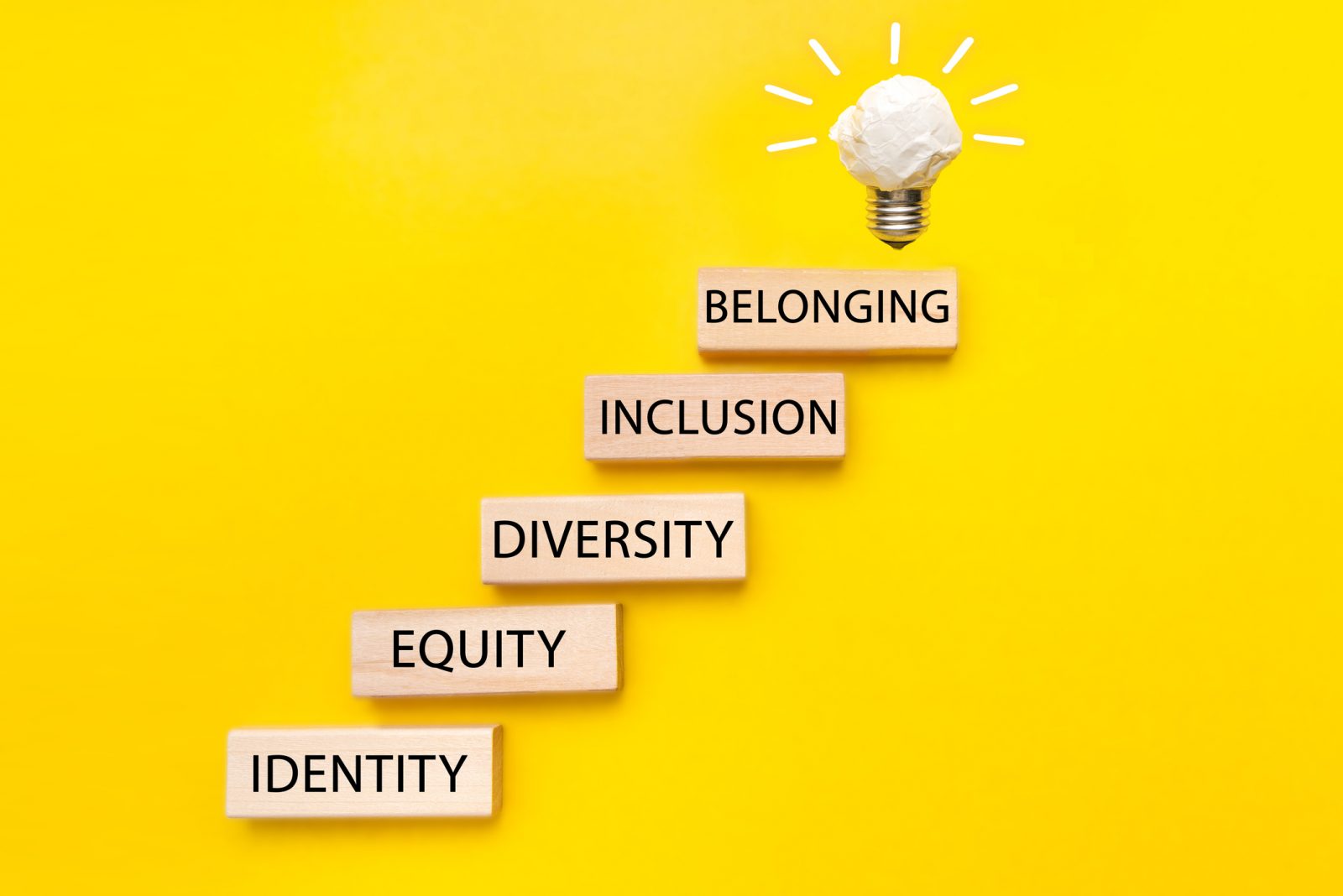 Members of community organizations and interested individuals dove into issues around equity, diversity and inclusion at three workshops hosted jointly by Brock University and United Way Niagara this spring.
Members of community organizations and interested individuals dove into issues around equity, diversity and inclusion at three workshops hosted jointly by Brock University and United Way Niagara this spring.This spring, Brock University and United Way Niagara offered a workshop series on equity, diversity and inclusion (EDI) for community organizations with a goal of creating space for learning, unlearning and building connections.
Brock’s Social Justice Research Institute (SJRI) and Office of Community Relations teamed up with Tamara Coleman-Lawrie, Director of Strategic Impact at United Way Niagara, to host three sessions over three months focusing on EDI challenges, best practices and next steps.
More than 140 participants attended each of the three virtual workshops.
The enthusiastic uptake of the series reflected a need that was first identified by Coleman-Lawrie, who found she was receiving a high volume of requests for EDI resources from large and small organizations across the region.
“The pandemic really brought to light the inequities that communities are faced with, and we began hearing how executive directors, organizations and senior staff wanted to know more about EDI best practices,” says Coleman-Lawrie. “We were seeing a plethora of needs from agencies working to develop policies, so we wanted to be able to provide support in a collective format so that anyone who wanted to participate could walk away with what they needed.”
Julie Gregory, Project Facilitator for SJRI, says the workshops’ high attendance and engagement speak to the strong level of community interest in enacting EDI.
“People were very excited to come together to talk about EDI and decide how to take action,” she says. “And the feedback that we’ve gotten shows that people want more of these opportunities to connect with community — to share resources and share their knowledge.”
Vanessa Cheng, Brock’s Manager of Community Relations, heard similar feedback from participants.
“After each and every one of these workshops, community partners shared with me that they were inspired by the presenters and other participants, that they had reached out and connected with others to have offline conversations, to learn from each other and operationalize things that were discussed during the workshops,” says Cheng.
Gregory also notes the workshop series highlighted many ways that participants can carry their learning forward.
“One of the main things that came out of the third session in particular was the importance of continually checking in to see how efforts are progressing,” she says. “The concepts around EDI aren’t static, so it’s important to keep checking in to see if there are new or different resources that are needed, or if an approach needs to change over time.”
Coleman-Lawrie says the series also helped remind people of the role of accessibility in EDI.
“In the research she shared as a presenter, Dr. Liette Vasseur used the acronym IDEA — inclusion, diversity, equity and accessibility,” says Coleman-Lawrie. “My biggest takeaway for the EDI work that we’re doing in our own organization is not forgetting that accessibility piece.”
SJRI Director Rebecca Raby says that even though the workshop series was a bit of a departure for the Research Institute, the importance of EDI and community to the SJRI mandate meant they were happy to get involved — and the results were mutually beneficial.
“SJRI has been working on developing and deepening our community connections through research and knowledge mobilization,” she says. “This knowledge- and problem-sharing event helped build research connections between our faculty affiliates and community organizations, including United Way.”
Any workshop participants who have not yet had the chance to provide feedback are invited to complete this survey. For those who were unable to participate in the workshop series, recordings are available to view on the SJRI recent events page.








